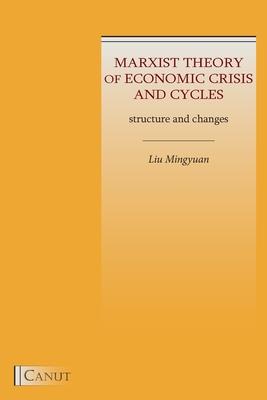Chinese Marxist scholars have first started to explore the issue of economic crisis and its cyclic character in the 1930s after the Great Depression. Initial studies were deeply affected by the economic theories of the Soviet Union, which to some extent restricted creative theoretical exploration. Nevertheless they have made extensive research and held academic debates on major theories and practical issues related to economic crises, and have published abundant books and articles, among which many have achieved breakthroughs.
The fruits of their studies indicate that they have been successful in analyzing and understanding the capitalist economic crisis using the basic principles of the Marxist theory of economic crisis. They have kept pace with the times, actively observed new changes in the capitalist economic crisis, and interpreted the new phenomena and new features employing Marxist economics and basic methods of the Marxist economics. They have actively promoted and participated in academic debates on major new issues. They have also made positive innovations, and adopted new scientific methods to enhance theoretical analysis.
Innovatively employing the Marxist theory of economic cycle, Chinese scholars have established an entirely new field of study - the research of China's socialist economic cycles. Since China's socialist economic construction required the study of the fluctuations in the socialist economy initially the motive and purpose of the research contained strong practical features, namely to control the cycle. Accordingly when the research started, the scholars strived to prove the objectivity of cyclical fluctuations in the socialist economy with the basic principles of Marxism. Along with the deepening of the research, the scholars combined methodological innovations with theoretical innovations, introduced modern statistics, metrical, quantitative and other methods, while maintaining the traditional analysis of contradictions, which has greatly improved the analytical capacity and ability to explain the economic cycles. In the process of forming the socialist economic cycle theory, Deng Xiaoping's idea of "development in steps" has played an important supporting role. Today, I can say that the design of China's economic cycle study has already grown quite mature, that is: study of methodology → description of fluctuation →explanation of fluctuation → construction of theory → examination of reality→ revision of methodology → revision of the explanation of the fluctuation and of the theory for the analysis of cycle. The achievements by Chinese scholars on socialist economic cycles have become an important foundation for macroeconomic management, and a specific discipline that closely combines theory and practice.
